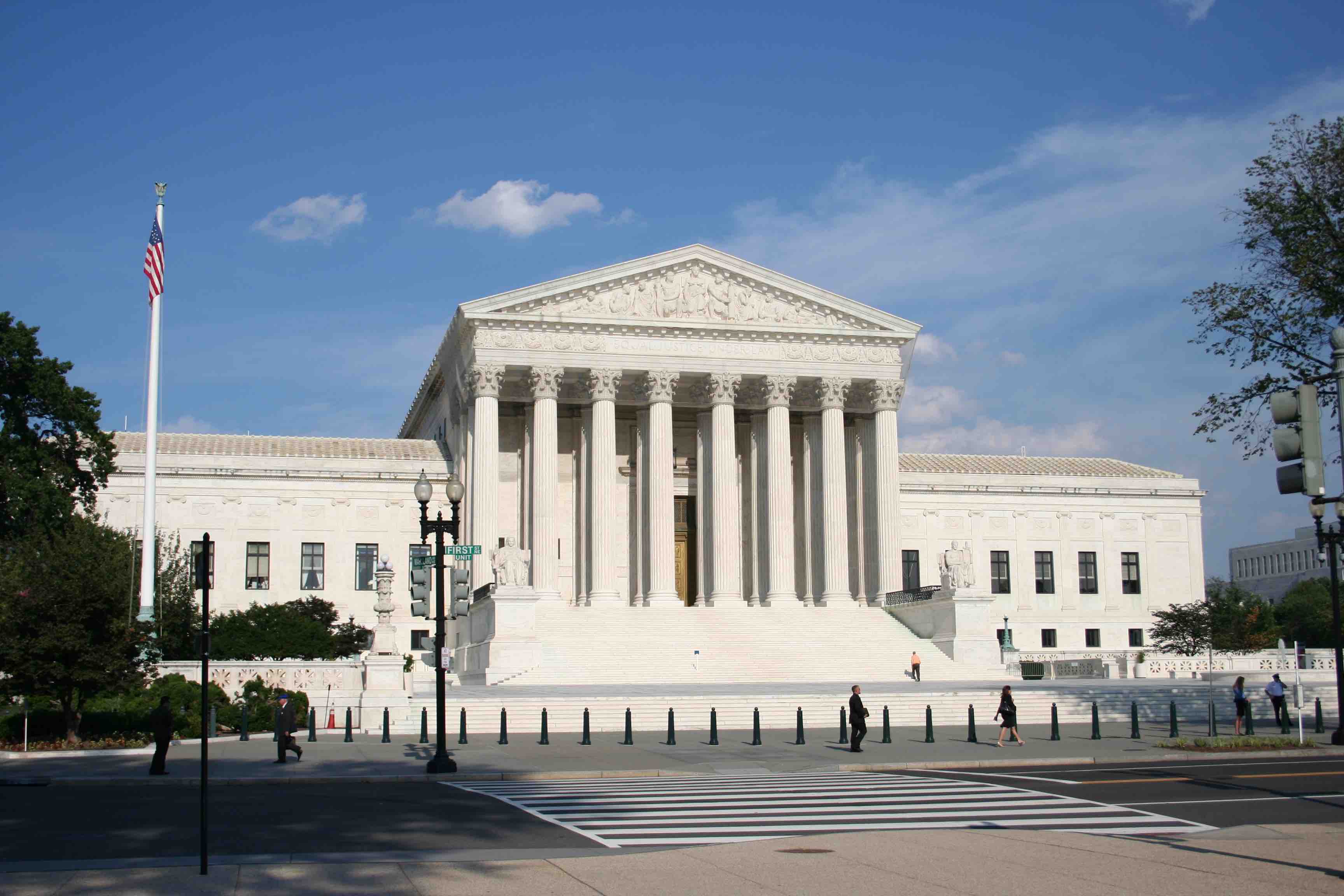Shocking, straight from the mouths of the Supremes

“[This court includes] not a single evangelical Christian (a group that comprises about one-quarter of Americans), or even a Protestant of any denomination.” – Justice Antonin Scalia
That fact, illuminated by Justice Scalia, is very revealing in light of this week’s SCOTUS decision on same-sex marriage, as well as the Obamacare decision earlier in the week.
The founders of America were largely Protestant. Is their Constitution under fire? Is this less about constitutional fortitude and more about anti-Christian bigotry?
Consider the words of the dissenters in the following mock interview.
What has really changed in light of the Supreme Court’s decision on marriage redefinition this week?
Justice Samuel Alito: I assume that those who cling to old beliefs will be able to whisper their thoughts in the recesses of their homes, but if they repeat those views in public, they will risk being labeled as bigots and treated as such by governments, employers and schools.
Has the U.S. Constitution become a “living document” to SCOTUS?
Chief Justice John Roberts: Neither petitioners nor the majority cites a single case or other legal source providing any basis for such a constitutional right. None exists, and that is enough to foreclose their claim.
Alito: Our Nation was founded upon the principle that every person has the unalienable right to liberty, but liberty is a term of many meanings. For classical liberals, it may include economic rights now limited by government regulation. For social Democrats, it may include the right to a variety of government benefits. For today’s majority, it has a distinctively postmodern meaning.
Will the decision on gay marriage lead to full legalization of polygamy?
Roberts: One immediate question invited by the majority’s position is whether states may retain the definition of marriage as a union of two people. Although the majority randomly inserts the adjective “two” in various places, it offers no reason at all why the two-person element of the core definition of marriage may be preserved while the man-woman element may not.
(CLICK TO CONTINUE READING)

